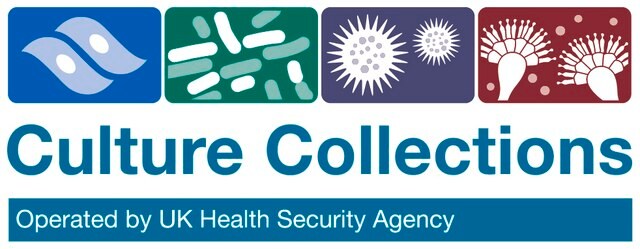11012001
FLO-1 cell line human
NOTE: Both the cell line and DNA from the cell line may be available for this product. Please choose -1VL or VIAL for cells, or -DNA-5UG for DNA.
Synonym(e):
FLO1 Cells
About This Item
Empfohlene Produkte
Biologische Quelle
human esophagus
Verpackung
tube of 5 μg 11012001-DNA-5UG
pkg of vial of cells 11012001-1VL
Wachstumsmodus
Adherent
Karyotyp
Not specified
Morphologie
Epithelial
Produkte
P53 mutation c.830G>T
Rezeptoren
Not specified
Methode(n)
cell culture | mammalian: suitable
Relevante Krankheit(en)
cancer
Ursprung der Zelllinie
Anwendung
Verpackung
DNA-Profil
CSF1PO: 11
D13S317: 11
D16S539: 12,13
D5S818: 12,14
D7S820: 8
THO1: 6
TPOX: 9,11
vWA: 16
Nährmedium
Subkultur-Routine
Sonstige Hinweise
Haftungsausschluss
Lagerklassenschlüssel
10 - Combustible liquids
WGK
WGK 3
Flammpunkt (°F)
Not applicable
Flammpunkt (°C)
Not applicable
Hier finden Sie alle aktuellen Versionen:
Analysenzertifikate (COA)
It looks like we've run into a problem, but you can still download Certificates of Analysis from our Dokumente section.
Wenn Sie Hilfe benötigen, wenden Sie sich bitte an Kundensupport
Besitzen Sie dieses Produkt bereits?
In der Dokumentenbibliothek finden Sie die Dokumentation zu den Produkten, die Sie kürzlich erworben haben.
Unser Team von Wissenschaftlern verfügt über Erfahrung in allen Forschungsbereichen einschließlich Life Science, Materialwissenschaften, chemischer Synthese, Chromatographie, Analytik und vielen mehr..
Setzen Sie sich mit dem technischen Dienst in Verbindung.





